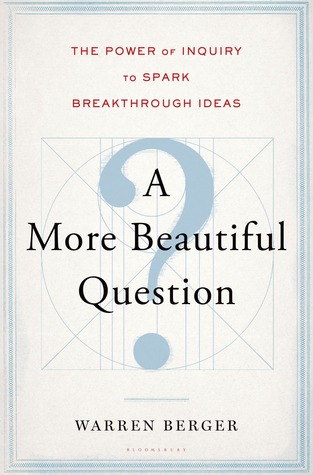With new adventures, everyday challenges, feedback from others, conversations between employees and managers, and many other moments in our daily experiences, it’s important to keep them in perspective.
Imagine a scenario of a manager giving an employee honest feedback. It’s tempting for the employee to expect all positive feedback from his/her supervisor and vice versa. Yet do we really grow from just positive adulations? If the employee uses the honest feedback to gain awareness of their strengths/improvement areas and then gathers new skills and knowledge, it’s actually much better in the long term for both the employee and the supervisor. On the other hand, if the employee does not have the proper perspective on the manager’s honest feedback, then he/she can feel down, angry, or even hurt by their words or behavior. The same goes when parents are giving honest feedback to their children, coaches talking to their players/teams, teachers talking to their students etc. It’s all about the perspective.
In her book, Mindset: The New Psychology of Success, Carol S. Dweck says it’s tempting to create a world in which we’re perfect and we can choose partners, make friends, hire people who make us feel faultless. But think about it- do you want to never grow? Next time you’re tempted to surround yourself with worshippers, go to church. In the rest of your life, seek constructive criticism.







